Safety Critical Task Analysis (SCTA) is a proactive approach to identifying and managing Human Factors risks. It is required by sites that fall under the COMAH regulations in the UK, and considered best practice in regions that do not have similar regulations.
Safety Critical Task Analysis (SCTA) is a proactive approach to identifying and managing Human Factors risks. It is required by sites that fall under the COMAH regulations in the UK, and considered best practice in regions that do not have similar regulations.
Human Reliability Associates (HRA) has specialised in human reliability assessments for decades. Dr David Embrey first published the SHERPA methodology in 1986, then it was called the Systematic Human Error Reduction in Process Analysis method. The core elements of this methodology were a systematic task analysis, a failure analysis and PIF (Performance Influencing Factors) analysis.
Decades later the HSE promoted a related methodology for managing the Human Factors risk related to critical tasks. This has the same core elements as SHERPA. There was little agreement on what to call it, some refer to it as a Human Factors Critical Task Review (HFCTR), others refer to it as a Human Reliability Assessment, and some Human Factors SCTA. Since the Energy Institute (EI) published the leading guidance in the area and used this latter name, Human Factors SCTA seems to have become the industry standard.
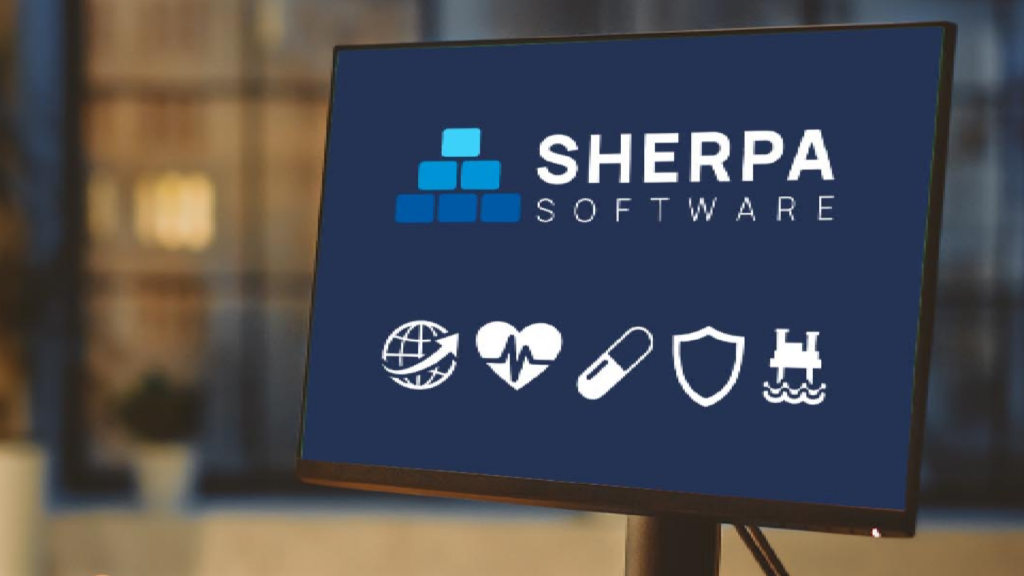

Human Reliability Associates (HRA) has specialised in human reliability assessments for decades. Dr David Embrey first published the SHERPA methodology in 1986, then it was called the Systematic Human Error Reduction in Process Analysis method. The core elements of this methodology were a systematic task analysis, a failure analysis and PIF (Performance Influencing Factors) analysis.
Decades later the HSE promoted a related methodology for managing the Human Factors risk related to critical tasks. This has the same core elements as SHERPA. There was little agreement on what to call it, some refer to it as a Human Factors Critical Task Review (HFCTR), others refer to it as a Human Reliability Assessment, and some Human Factors SCTA. Since the Energy Institute (EI) published the leading guidance in the area and used this latter name, Human Factors SCTA seems to have become the industry standard.
We continue to publish on SCTA, adding our expertise to the knowledge base. We specialise in consultancy in this area, have a world leading SCTA training course, and an internationally recognised software platform, called SHERPA, to support the application of SCTA.
We have contributed to national and international guidance on SCTA, through the Energy Institute (EI) and the Chartered Institute of Ergonomics and Human Factors (CIEHF). We continue to present papers at leading conferences on work related to this methodology, e.g. HAZARDS.
We have performed hundreds of SCTAs across different organisations. We have developed SCTA policy and guidance documents for clients, performed SCTA benchmarking, helped coach and embed SCTA practice, and conducted critical task ID workshops and SCTA case studies.
Our flagship Human Factors Safety Critical Task Analysis (SCTA) course has successfully trained hundreds of people since it started. It is accredited by the CIEHF and is one of the most thorough courses on the market in terms of its length, content, level of feedback and support.
HRA built the SHERPA Software platform two decades ago to make implementing SCTA easier. It is built by some of the early originators of the methodology, and it is built by users for users. It saves time, improves quality, and makes the whole SCTA process more satisfying and achievable.
If you’re a beginner to SCTA then check out these FREE resources. We’ve called the methodology Human Factors Critical Task Review (HFCTR) here because it can be applied outside of safety and across different sectors too.

This 30min FREE mini-course will introduce you to Human Factors Critical Task Reviews (HFCTR). This paves the way for our other resources and services for proactive Human Factors risk management.
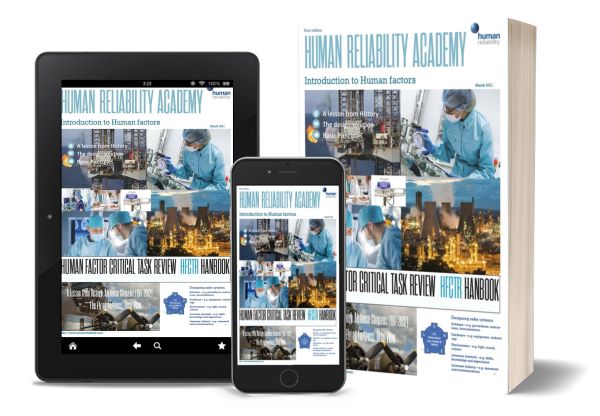
This Human Factors Critical Task Reviews (HFCTR) handbook complements the mini-course. It’s for beginners who want to know how to apply Human Factors risk management in different sectors.
A large multinational client first took our CIEHF-accredited SCTA course as a trial. About 10 people attended initially, including relevant people from their central corporate office and some senior people at sites. They were looking for a practical and productive way to apply Human Factors that went beyond recommendations to do with further training and more procedures.
Following the success of the SCTA course they trialled the methodology, began to write the methodology into corporate policy and set about recommending more sites join the course from around the world.
They adopted the SHERPA Software to help facilitators implement SCTA. We also set up a private community of practice for the client so we could share articles, resources, and provide private webinars. This was complemented by one-to-one coaching to assist new facilitators should they need it.
We continue to support this large multinational which now has a programme of SCTA work and human performance improve globally.
Shutdowns and turnarounds (TARs) occur when a section of the plant is scheduled for maintenance or a project. During this time, there is a likelihood that the plant could experience an increased risk of process safety incidents. This is because the plant will undergo several maintenance operations which may be infrequently performed, and there could be increased pressure on the staff due to the high workload and time pressure to complete the activities.
Given the high complexity of TARs, we screened TAR tasks by ranking safety critical tasks based on the chances of a MAH scenario, and then rating these MAH-related tasks against the existing engineering controls and its vulnerability. Following the screening, we carried out an SCTA to identify any HF-related issues and suggested improvements to mitigate the risk of any incidents.
The workshop highlighted several issues that sites should be aware of during TARs. An example of this was that the procedures used should minimise any unnecessary operator movements as means of preventing any personal injury. Sites should also ensure that there are sufficient individuals and equipment available to perform the tests and that the individuals are well trained and capable of performing these tests.
To learn more about this case study, click here.
In addition to our extensive consultancy experience, Human Reliability are respected internationally for our research activities in the human reliability and human factors disciplines. All of this experience is transferred onto other companies through HRAs other services: training courses, seminars and software tools.
Human Reliability have also contributed extensively to the technical literature in the area. These contributions include a major book: `Guidelines for Preventing Human Error in Process Safety` written for the Center for Chemical Process Safety in the USA, which has become a standard reference source.
We were asked to reduce the opportunity for human error by a Pharmaceutical Manufacturer. We followed an SCTA process but focused on quality issues (sometimes called SHERPA outside of safety) on a task within the organisation to see what value the methodology could bring. Preparing a trolley for the Autoclave, which sterilises tools, was chosen as it was highly manual and suffered from frequent deviations, some of which could be costly.
Ahead of meeting the team, we gathered documentation about the task including relevant procedures and batch record sheets to produce an initial task analysis in the SHERPA Software. We then held a series of workshops with cross-functional teams to discuss this task analysis and human performance issues.
We found that staff did not have a clear and coherent view of what the top five issues were. There were obvious error traps in the procedure including photos that were confusing and instructions that were ambiguous. We identified other ways in which the task and procedure could be improved. Given high staff turnover and potential inconsistencies in training, the organisation saw value in creating a systematic training aid from the process. The staff involved enjoyed the process. Issues after the workshop were greatly reduced.
If you work for a safety critical organisation you might be ready to take the next steps to become more familiar with and knowledgeable about SCTA.

Our Human Factors for Process Safety, Loss Prevention and COMAH (HF_PLC) course gives a good introduction to Human Factors in the first half, and then an introduction and walkthrough of a simple SCTA case study in the second half. Designed for Process Safety Engineers, HSE professionals, HF focal points and managers getting to grips with Human Factors.
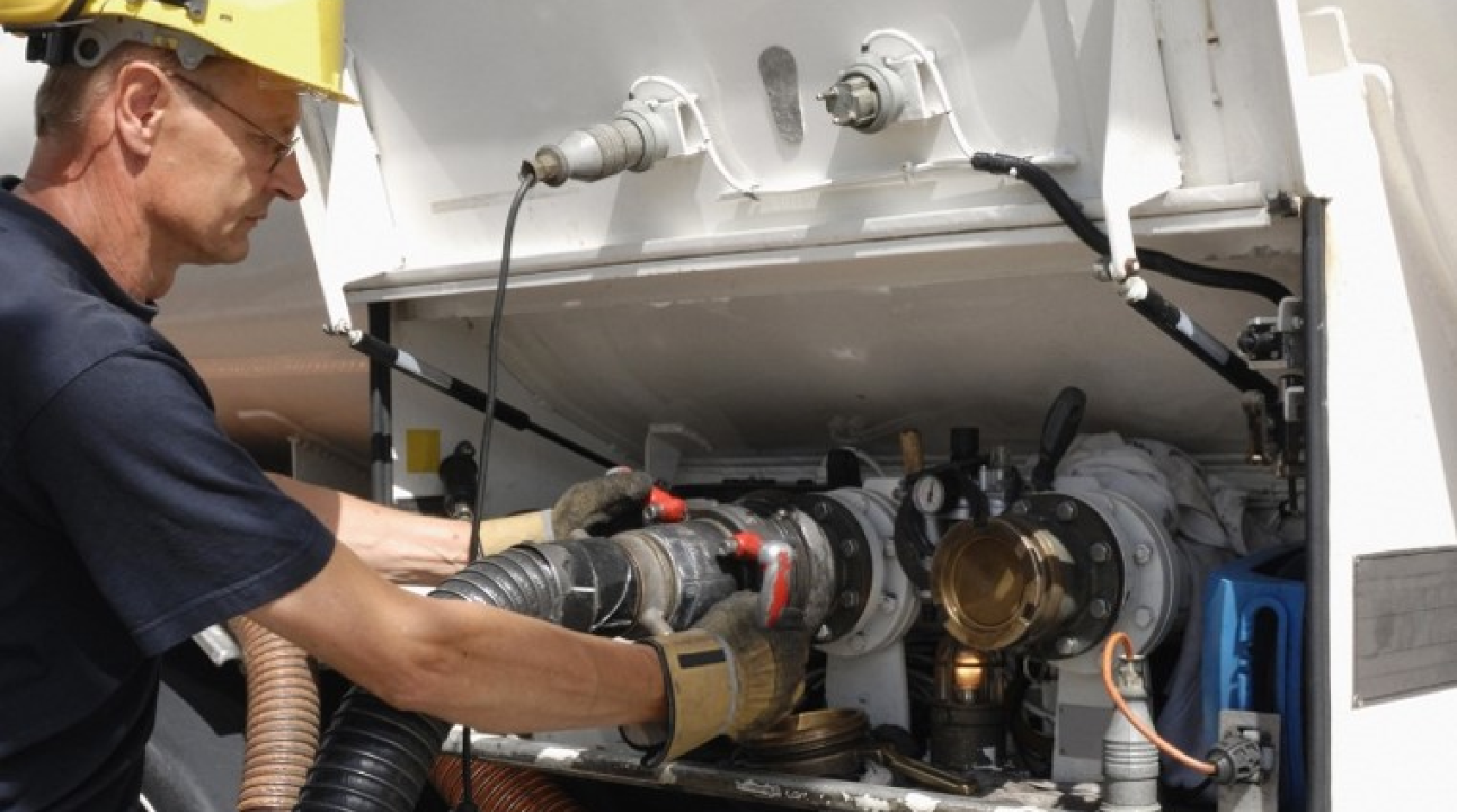
Our Human Factors SCTA course is accredited by the CIEHF, and is the most thorough and extensive course on SCTA that you will find in terms of its length, content, level of feedback and support. If you want to get a great grounding in SCTA, find out about best practice, and start doing these yourselves then this is the course for you.

This is a must do course for all frontline people, their supervisors/ managers and senior management leaders to really know about Human Factors- what is important, why is it important for them and how to make it possible.
Human Reliability Associates has a great team of experts who can help, guide and train all such organizations, stakeholders, teams and people to evolve and grow. One of the best courses with lots of Aha moments. Thank you, Team HRA.
Sanjiv Kapur, RAM and Process safety professional, India
Flexible modular course focussed on HF & SCTA with use of practical examples to enable HSE
professionals, operations and engineers get onto the first rung of the SCTA ladder to improve task based procedures and competence assurance – a must for anyone working on a MAH site.
HSE Manager
HRA is has made contributions to both leading guidance notes on SCTA for industry.
Jamie Henderson and Richard Marshall, two of our senior consultants, are cited in the Energy Institute Guidance on Human Factors Safety Critical Task Analysis (SCTA). This is recognised as the industry standard guidance for sites to follow and so is well worth a read.
Jamie Henderson is one of the co-authors of the CIEHF Guidance on Critical Task Assessment. This provides complementary guidance to the EI’s, it is written by experts in SCTA who apply this in practice and contains their experience, advice and tips.
Get the latest newsletter by signing-up today
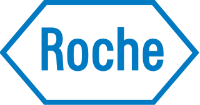




This free 30 minute mini-course will introduce you to Human Factors, and how critical task reviews are used to improve the quality and safety of tasks and processes across different industries.
It’s free, informative and you’ll even get a certificate of completion.

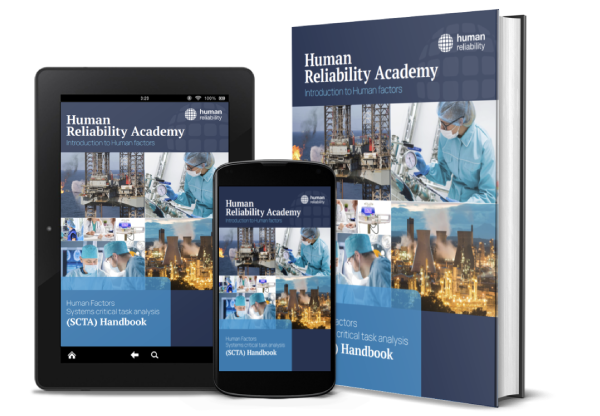
This short and engaging handbook provides a great overview of Human Factors Systems Critical Task Analysis (SCTA) and how it helps people across sectors reduce error and improve human performance.
SCTA can help keep people safe and delivers value.


Popular Pages

© Human Reliability 2023.
1 School House, Higher Lane,
Dalton, Lancashire,
WN8 7RP, UK.
T: +44 (0) 1257 463 121
E: [email protected]